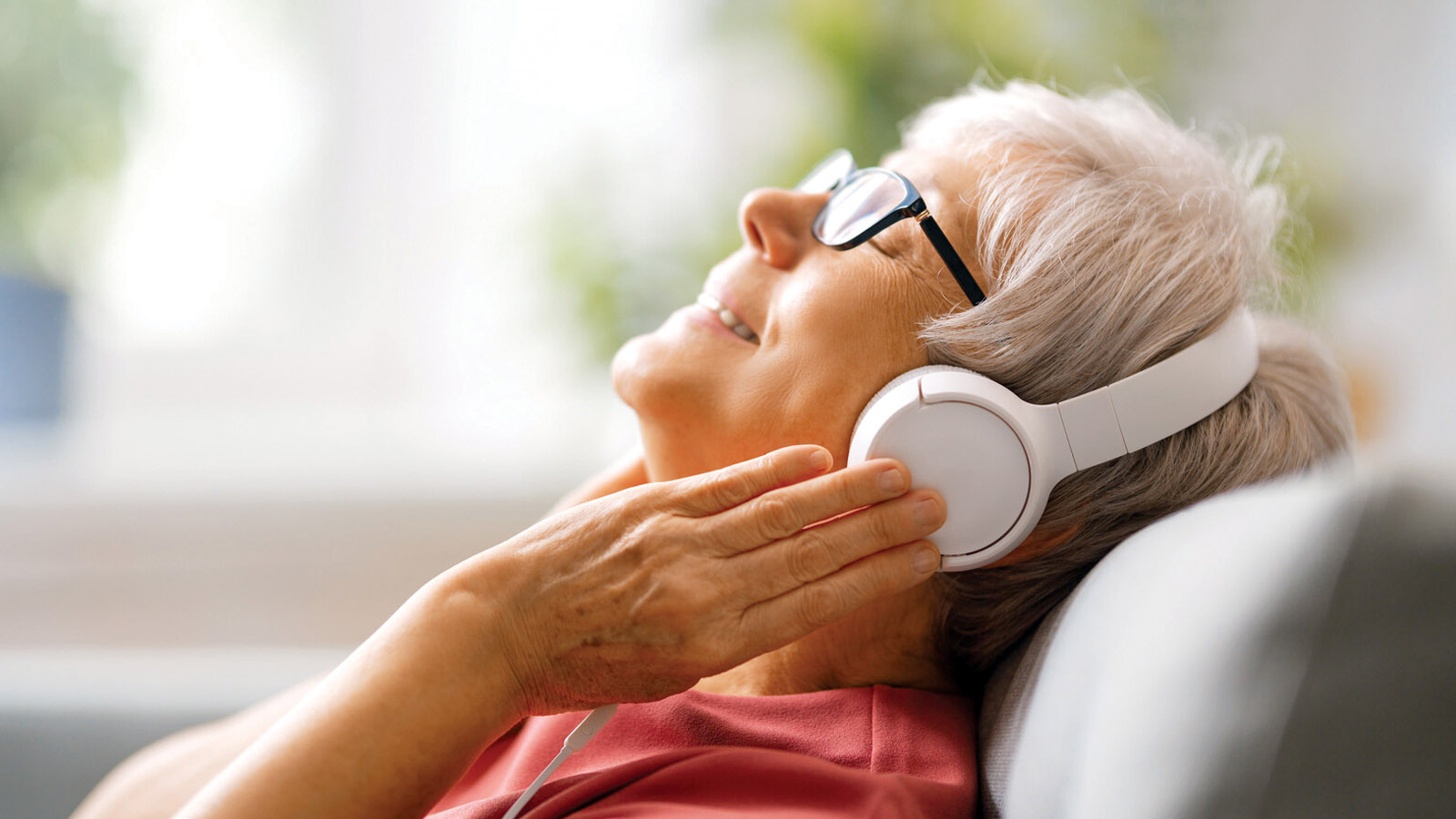Three evidence-based benefits of music
What do radio, vinyl records, cassettes, CDs, YouTube, and Spotify have in common? They are all ways that people can listen to music, the universal language that breaks down barriers—like space and time—and builds invisible bridges that connect us. Renowned American TV and radio personality Dick Clark once said that “Music is the soundtrack of your life.” If you take a second to think about it, Mr. Clark was spot-on. Music acts as a timestamp. With the press of a button, it can transport us to different times in our lives, such as our first high school dance, favourite concert, or wedding day. With these memories come the thoughts and emotions we felt in those moments. Given the power it holds, it is not surprising that music has entered the health arena and has been the focus of many studies.
So, what does the research have to say about the benefits of music for our mental and physical health?
1. Music for hospital stays. Surgery and a hospital stay are no walk in the park; for many of us, they are stressful and scary. Music therapy, a safe and non-invasive complementary strategy to medical treatments, can yield positive results for cancer patients who are in hospital to undergo a surgery/procedure/treatment. More specifically, patients who listen to music before and/or after a surgery/procedure/treatment may experience moderate reductions in anxiety, pain, and depression. Slightly less fatigue may be another plus. There is evidence to suggest that greater benefits can be attained when patients choose their own music.
2. Music for walking. As we age, we may notice changes to our walking ability, such as our steps becoming shorter and pace slowing down. Changes like these can reduce mobility and increase the risk of falls. But do not be disheartened! There are ways to “side-step” these issues, or at the very least, lessen them. Listening to a steady beat (e.g., like that provided by a metronome) or music while walking can help to enhance walking speed, the length of our stride, and the rhythm and symmetry of our walk. When choosing what to listen to, aim for music with a unique and stable rhythm; and that you find enjoyable. Remember not to “lose yourself to the music,” meaning keep the volume at an acceptable level that does not hinder your ability to be aware of your surroundings, namely traffic, people, and other important noises.
3. Music for sleep quality. Not getting good quality sleep can negatively impact our mental, cognitive, and physical health. Although medications for sleep-related issues do exist, they are associated with unwanted side effects, such as an increased risk for illness, dependence, and death. Alternatively, music-based interventions—which generally involve listening to music and in some cases also making it—are non-drug strategies that appear to have the potential to improve sleep quality. Although generally deemed a safe strategy, take stock of any possible hazards and put in place actions to remedy them. For instance, using headphones while sleeping may not be ideal, so speakers may be the way to go. Maintaining volume control is also important.
There you have it!
There is research that supports the use of music in specific scenarios, such as hospital stays, walking, and sleep-related matters. More research is needed to better understand the effects of music-based strategies, but because they have been found to be generally safe, non-invasive, and cost-effective, they may be worth a try. But first, consult with your health care team for a comprehensive discussion of the potential pros and safety considerations.













